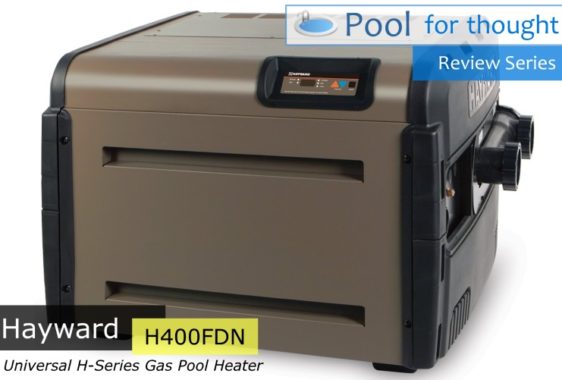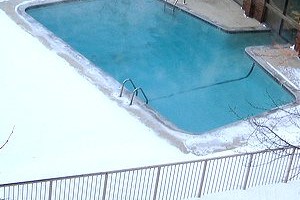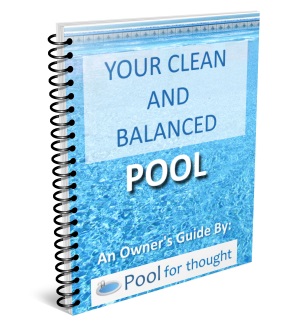What is a swimming Pool Heater?
A pool heater is a general term to describe a device used to heat swimming pool water. Many people prefer swimming in warmer water no matter the weather. In some countries, the temperature gets too cold to swim, so many people opt to install heaters to their pool so that they can enjoy their swimming pool anytime they want to. Pool water temperature decreases naturally though evaporation, plus dry and windy air readily whisks heat away from the pool surface. Draining the pool and adding fresh water will also significantly reduce pool water temperature.
Pool heaters typically heat pool water by passing water near a series of heating elements, where the heat from the heating elements is transferred to the flowing water by a heat exchanger. Heated water flows out of the heater as new and cooler water enters the heater inlet. A pool pump is typically responsible for pumping the water from the pool, through the heater, and back into the swimming pool.
[sc:ad_middle]A temperature controller is usually part of the pool heater, so a temperature value can be set which the heater will attempt to heat until the temperature is reached. Once the water temperature is raised to the set value on the heater, the heater will cycle on and off occasionally to maintain the water temperature at a constant value.
Care should be taken not to keep pool water too warm for too long, as microbes, bacteria, mold, and algae grow readily in warm water. This will increase the need for more sanitizers like chlorine or bromine, and also require more algaecide use.
There are several types of pool heaters on available to pool owners:
- Solar pool heaters rely on sunlight to heat the water. Models vary in price, but the initial cost is often offset by reduced energy consumption compared to other heaters. The drawback of solar heaters is they do not heat as well during cloudy weather, and do not heat at night. On some solar pool heater models, an extra water pump is required to pump water through the solar heater lines.
- Natural gas, LPG (Liquefied Petroleum Gas), and propane powered gas heaters are popular in areas where gas is inexpensive compared to electricity and where solar heaters are not practical. Most are fairly expensive, as they operate much like a water boiler. Flowing water is passed through a copper heat exchanger which is heated by gas-fired elements. Pool owners can expect higher maintenance costs of gas heaters compared to other types, as gas heater components can build soot inside and reduce operating efficiency.
- Electric pool heaters are also common, although how economical they are to operate depends heavily on the local price of electricity.


